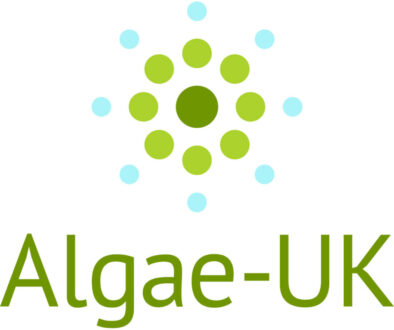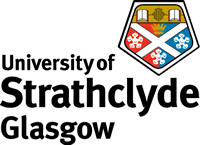“Dial a wavelength” for exploiting the algal cell factory
A PhD opportunity between Xanthella, the University of St Andrews, and Robert Gordon University is currently open for applications:
Apply for this IBioIC PhD Scholarship by 30th March 2021.
Please direct informal enquiries to Graham Turnbull gat@st-andrews.ac.uk.
Apply for this project and IBioIC scholarship through the University’s PhD application portal.
Microalgae are of value in a wide array of applications including pharmaceuticals and food supplements. Most algae use light energy and CO2 for growth, providing valuable by-products whilst sequestering waste CO2. They are of increasing interest as components of the Circular Economy as sustainable solutions for food, energy and water security. Photobioreactors can be used to grow algae, making use of surplus electricity from renewable power generation, however, new smart-lighting systems are needed that can optimise production.
In this project a novel smart lighting system will be developed for photobioreactors that can adapt both intensity and wavelength during a growth cycle to target strains and specific bioproducts. LEDs will be combined with a custom-designed optical system and electronic control to achieve efficient light delivery throughout the growth reactor. The impact of illumination and wavelength will be assessed initially in laboratory-scale growth tests before subsequent scale-up and integration in industrial photobioreactors.
This multi-disciplinary project will be supervised by Professor Graham Turnbull, in collaboration with Profs Linda Lawton and Christine Edwards at Robert Gordon University, and with Xanthella Ltd in Oban. The PhD Studentship is funded by the IBioIC Collaborative Training Partnership, and the appointed student will be part of the IBioIC CTP training programme.
The main activities of the project will be designing and building the lighting system and algal growth tests. It will also include a substantial industrial placement at Xanthella. Training on algal culture and compound analysis will be undertaken at RGU, and once laboratory-scale tests have identified suitable growth methodologies, the lighting system will be adapted for integration with Xanthella’s commercial photobioreactors.
Applications are requested by March 30th, 2021.



